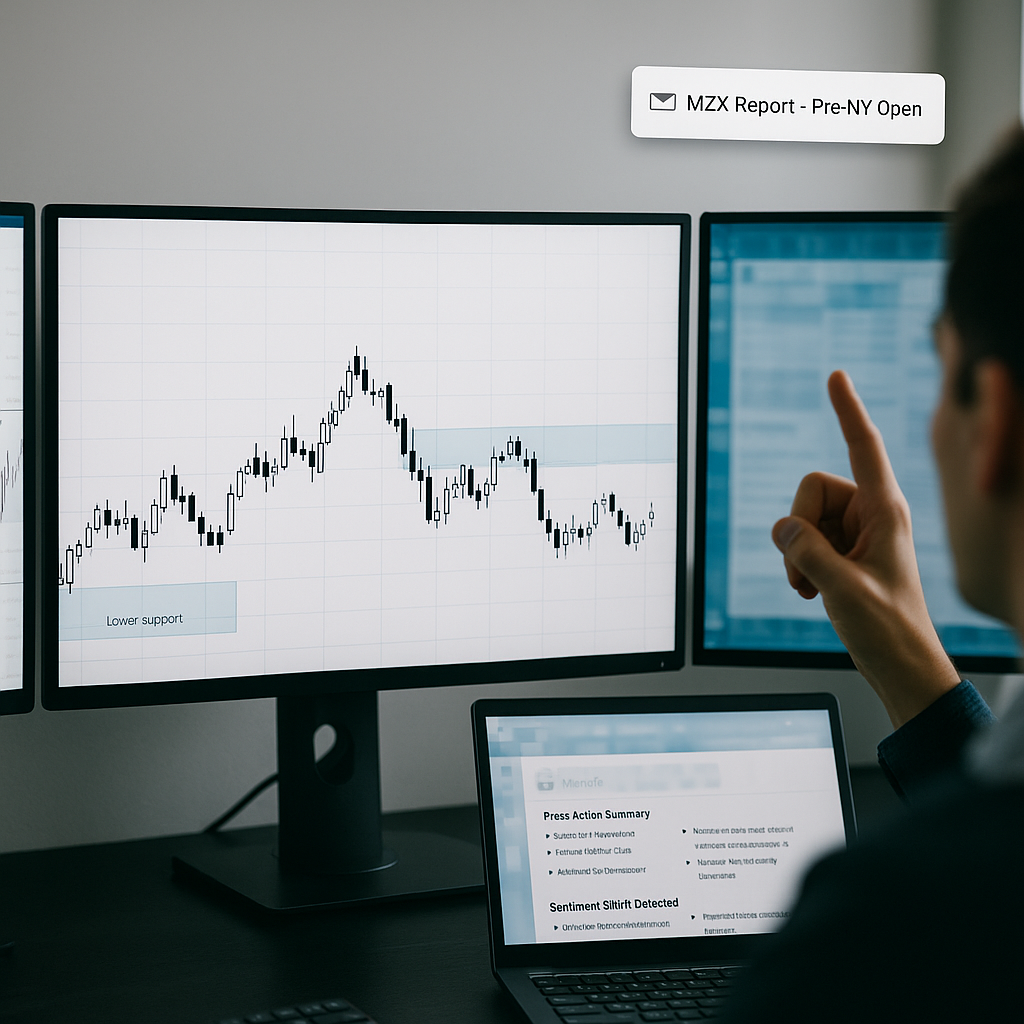As we move into the first week of August 2024, financial markets are poised for significant volatility and opportunities. This week promises to be eventful, with several crucial economic data releases and geopolitical developments likely to influence market sentiment. Here’s a comprehensive overview of what to expect in the financial markets over the coming days.
Key Economic Data Releases
- U.S. Non-Farm Payrolls (NFP)The U.S. Department of Labor will release the Non-Farm Payrolls report on Friday. This report is a critical indicator of economic health, showing the number of jobs added in the previous month, excluding the agricultural sector. A higher-than-expected figure could strengthen the U.S. dollar, while a lower-than-expected figure could weaken it. Analysts expect a moderate increase in payrolls, reflecting steady economic growth.
- U.S. ISM Manufacturing PMIThe Institute for Supply Management will release the Manufacturing Purchasing Managers' Index (PMI) on Tuesday. This index measures the activity level of purchasing managers in the manufacturing sector. A reading above 50 indicates expansion, while a reading below 50 indicates contraction. The market will closely watch this data for signs of economic resilience or weakness.
- Eurozone Inflation DataEurostat will publish the preliminary inflation figures for the Eurozone on Wednesday. Inflation has been a significant concern for the European Central Bank (ECB), and the data will provide insights into whether price pressures are easing or persisting. Persistent inflation could lead to further monetary tightening by the ECB.
- Bank of England (BoE) Interest Rate DecisionThe BoE is set to announce its latest interest rate decision on Thursday. With inflation remaining high in the UK, there is speculation about a possible rate hike. Any changes in monetary policy will have a significant impact on the British pound and UK equities.
Geopolitical Developments
- U.S.-China Trade TalksTrade tensions between the U.S. and China have been a persistent source of market volatility. This week, high-level trade talks are scheduled to resume, and any progress or setbacks could influence global risk sentiment. Investors will be keenly watching for any indications of easing tensions or potential trade agreements.
- Middle East TensionsGeopolitical tensions in the Middle East, particularly involving Iran and its nuclear program, continue to be a source of concern. Any escalation in tensions could lead to higher oil prices, impacting global inflation and economic stability.
Commodity Market Outlook
- Gold PricesGold prices have been on a rollercoaster ride recently, driven by fluctuating risk sentiment and central bank policies. With the U.S. NFP data and geopolitical tensions in focus, gold could see increased volatility. A weaker U.S. dollar and heightened geopolitical risks may provide upward momentum for gold prices.
- Oil PricesOil prices are influenced by supply-demand dynamics and geopolitical developments. The market will closely monitor the OPEC+ meeting outcomes and any changes in production targets. Additionally, U.S. crude inventory data will provide insights into supply levels and potential price movements.
Equity Market Insights
- U.S. Stock MarketThe U.S. stock market has shown resilience amid economic uncertainty. This week, corporate earnings reports from major tech companies and economic data will be crucial in determining market direction. Investors will also focus on the Federal Reserve’s monetary policy stance and its implications for equity markets.
- European Stock MarketEuropean equities have faced headwinds due to inflation concerns and economic slowdown fears. The Eurozone inflation data and the ECB’s policy signals will be key drivers for the European stock market this week. Any positive developments in U.S.-China trade talks could also provide a boost to European equities.
Currency Market Outlook
- U.S. Dollar (USD)The U.S. dollar has been relatively strong, supported by expectations of further interest rate hikes by the Federal Reserve. The NFP report and ISM Manufacturing PMI will be critical in shaping USD movements. A stronger-than-expected NFP report could push the dollar higher, while disappointing data could lead to a pullback.
- Euro (EUR)The euro has been under pressure due to economic slowdown concerns in the Eurozone. Inflation data this week will be pivotal for the euro’s direction. Persistent inflation could lead to more aggressive ECB tightening, potentially supporting the euro.
- British Pound (GBP)The British pound has been volatile ahead of the BoE’s interest rate decision. A hawkish stance by the BoE could boost the pound, while a dovish surprise could weigh on it. Additionally, Brexit-related developments and UK economic data will also influence GBP movements.
Conclusion
In summary, this week is packed with crucial economic data releases and geopolitical developments that will shape the financial markets. Traders and investors should stay vigilant and be prepared for increased volatility. Key events to watch include the U.S. Non-Farm Payrolls, ISM Manufacturing PMI, Eurozone inflation data, and the Bank of England’s interest rate decision. Additionally, geopolitical tensions and trade talks will add to the market dynamics. As always, staying informed and adapting to market conditions will be essential for successful trading.














